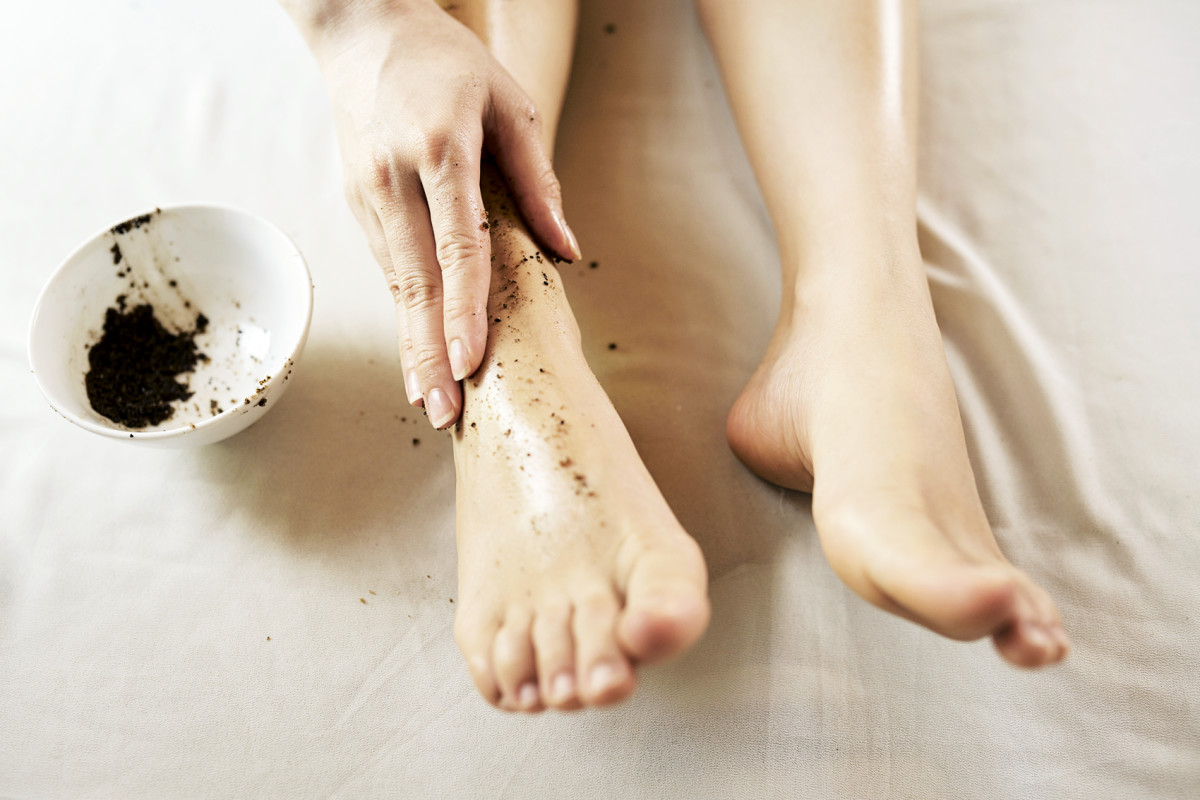Seasonal Exfoliating Body Wash Tips: A Beauticians Insight
As a dedicated beautician, you know that skincare needs shift with the seasons. The skin, our body's largest organ, requires various care techniques throughout the year. A crucial item in any skincare routine is the exfoliating body wash. Mastering its seasonal application can significantly improve your clients' skin wellness and overall appearance.
This guide will explore seasonal suggestions for exfoliating body wash use and provide practical advice to help you offer clients the best skincare solutions tailored to the unique demands of each season.

Why Exfoliate with Body Wash?
Exfoliating body washes work to eliminate dead skin cells, liberate clogged pores, and create a silky, rejuvenated feel. The advantages of these products are extensive, including better skin texture, enhanced circulation, and improved absorption of moisturizers and other skincare treatments.
For more details on why exfoliating is beneficial, visit Healthline.
Spring: Renew and Refresh
Spring offers the ideal opportunity to shed the dry skin accumulated through winter and rejuvenate. Encourage clients to opt for a gentle exfoliating body wash that revitalizes without stripping moisture. Seek out products enriched with natural components like sea salt or sugar, which provide light exfoliation while also nourishing the skin.
Spring Skincare Tips
1. Recommend exfoliating body wash use twice weekly to effectively eliminate dead skin cells while being gentle on sensitive spring skin. 2. Pair the body wash with a hydrating lotion to retain moisture. 3. Advise switching to airy, lightweight clothing to minimize skin irritation as temperatures warm.
Summer: Protect and Perfect
With summers increased exposure to sun, heat, and humidity, a different strategy for exfoliating body wash use is essential. Choose formulations that include antioxidants and soothing properties to shield the skin from potential sun damage while maintaining a vibrant look.
For detailed guidance on timing body scrub usage, refer to this article.
Summer Skincare Tips
1. Suggest using exfoliating body wash in the evening to clear sweat and sunscreen residues. 2. Emphasize the necessity of SPF after exfoliation to protect freshly revealed skin. 3. Recommend reducing exfoliation frequency to once a week to avoid overdoing it.
Autumn: Repair and Rejuvenate
As autumn sets in, the skin requires restoration from the sun damage received during summer while gearing up for the chilly winter months ahead. This is the ideal time to nourish and rejuvenate the skin using a more robust exfoliating body wash.
Autumn Skincare Tips
1. Suggest choosing exfoliating body washes infused with moisture-preserving ingredients like honey or oatmeal. 2. Implement a weekly exfoliation routine to enhance the skins ability to absorb heavier moisturizers. 3. Advise layering skincare products to create a barrier against harsh weather changes.
Winter: Hydrate and Heal
Winter can be brutal for the skin, often resulting in dryness and flakiness. During this season, an exfoliating body wash should prioritize hydration and healing. Clients should seek products that incorporate hydrating elements such as shea butter or coconut oil.
For more tips on exfoliation, check out this guide.
Winter Skincare Tips
1. Recommend using a creamy exfoliating body wash to prevent moisture loss. 2. Suggest following with a rich cream or oil post-exfoliation to sustain hydration. 3. Encourage using a humidifier to combat dry indoor air conditions.

FAQ Section
How often should exfoliating body wash be used?
This depends on the season and individual skin type. Generally, using it once or twice a week is ideal but may vary based on specific personal needs.
Can exfoliating body wash be used on sensitive skin?
Yes, but its essential to choose a gentle formula with natural exfoliants and test it on a small area of skin first.
What follow-up should be taken after using exfoliating body wash?
Always follow up with a moisturizer to hydrate and secure the skin. If exfoliating in the morning, apply SPF for protection.
This article contains affiliate links. We may earn a commission at no extra cost to you.

